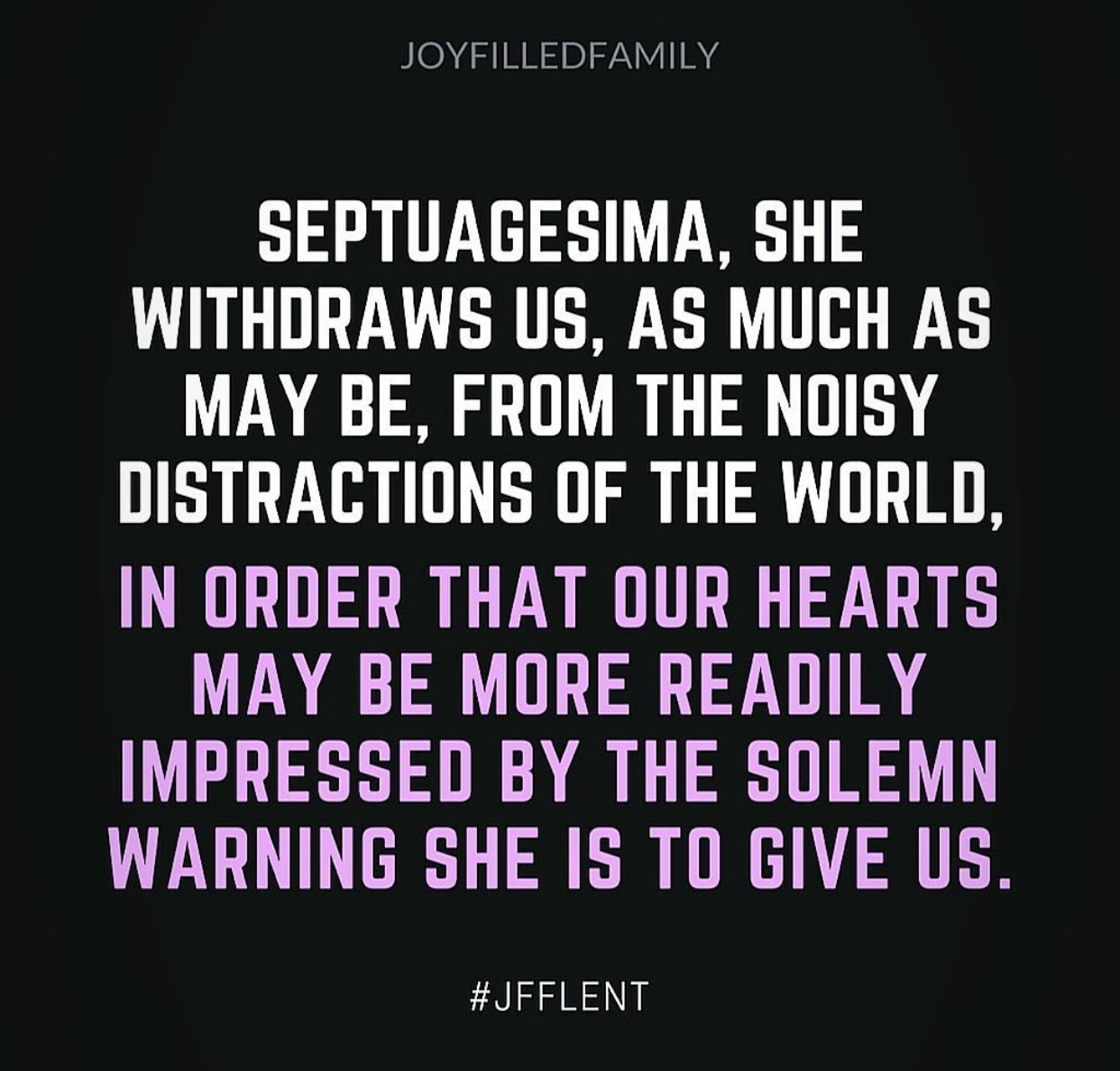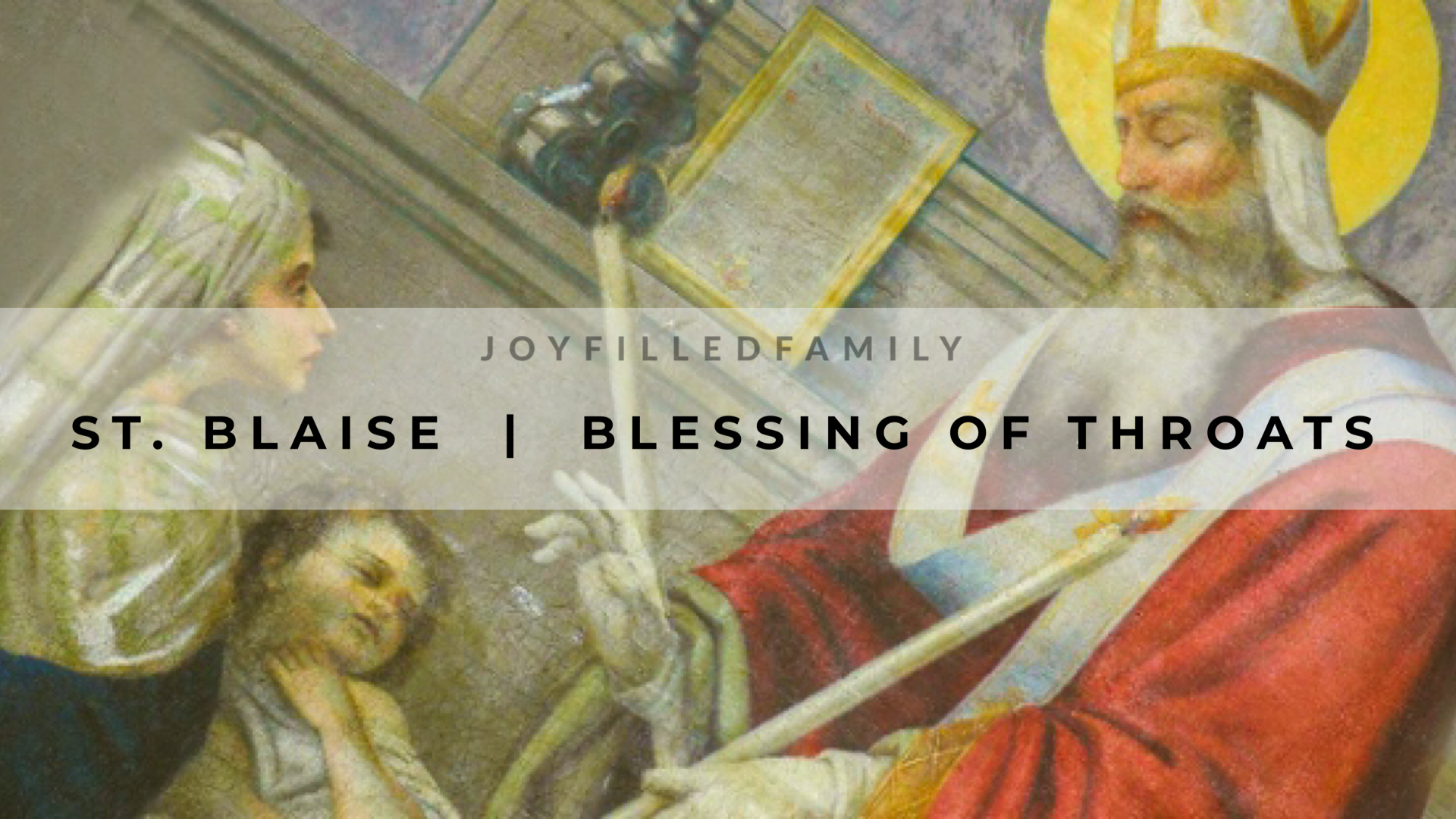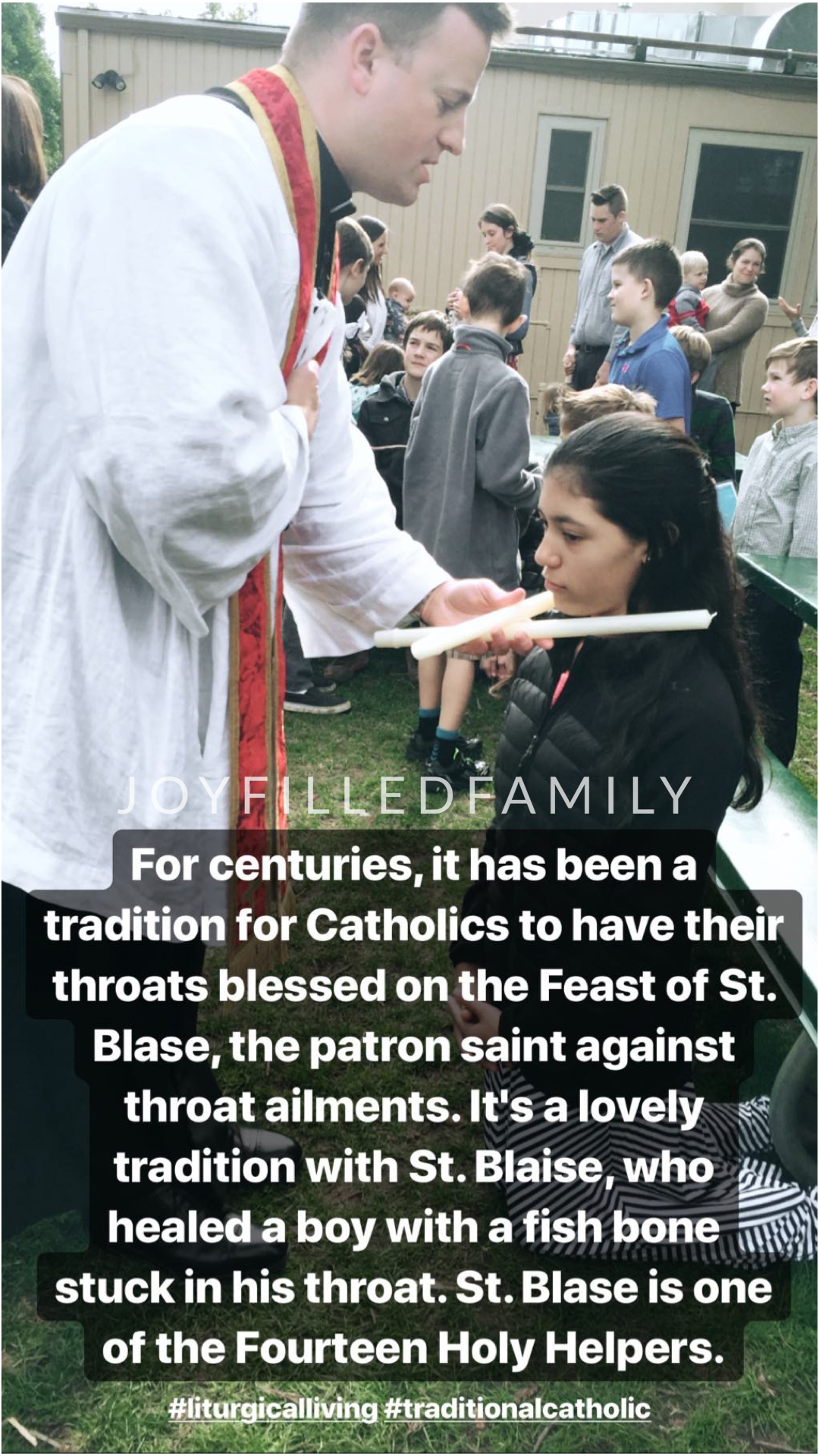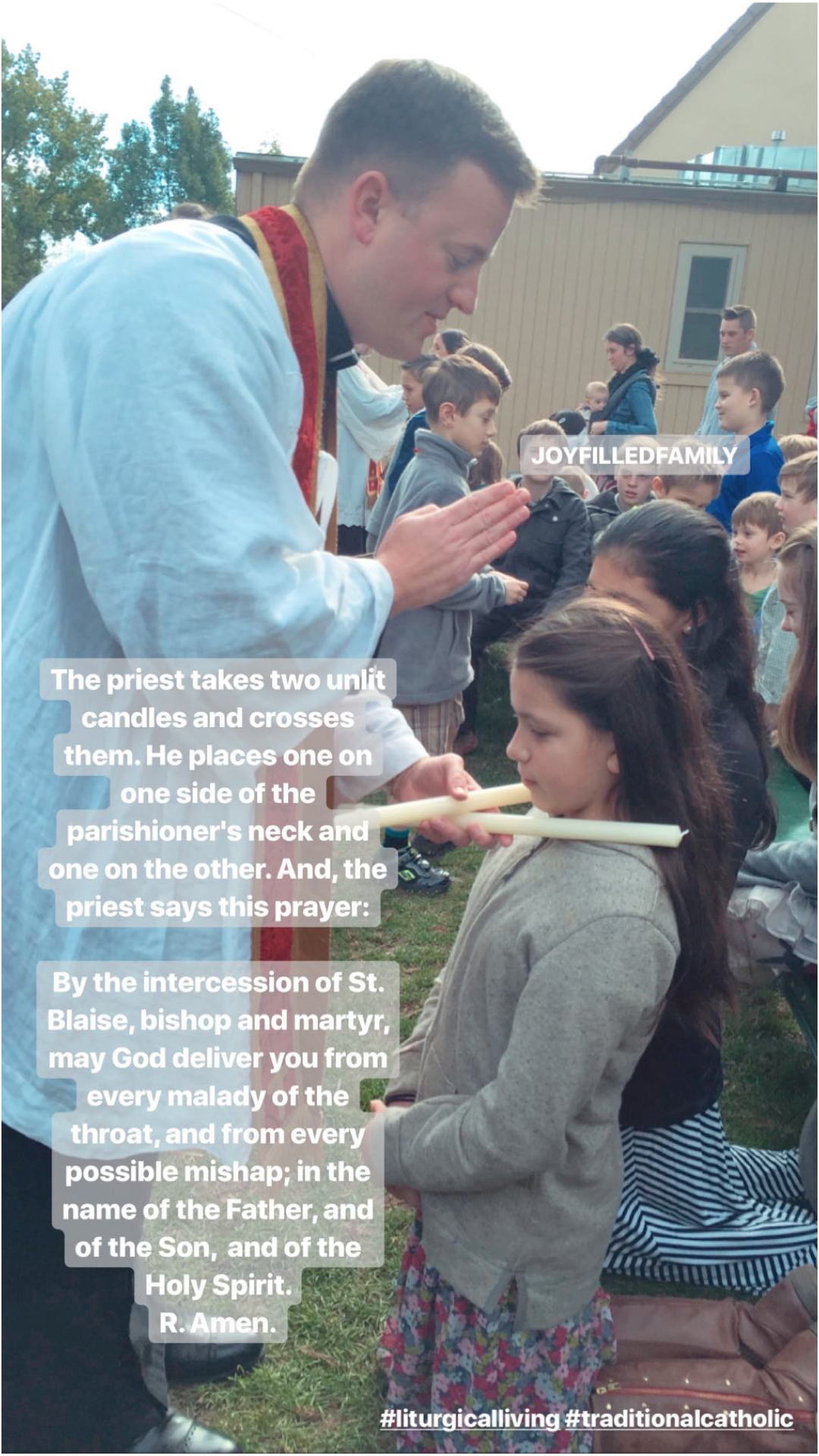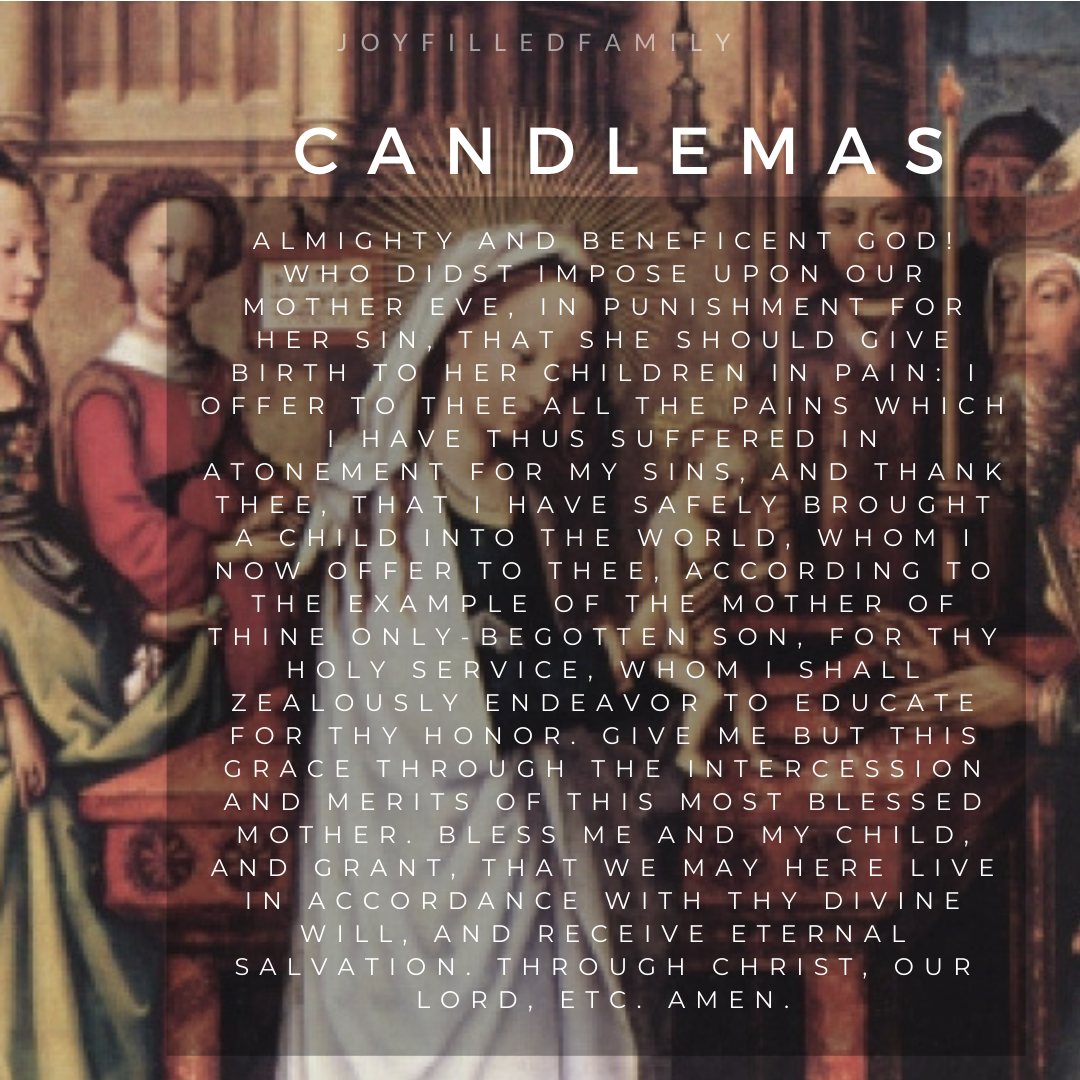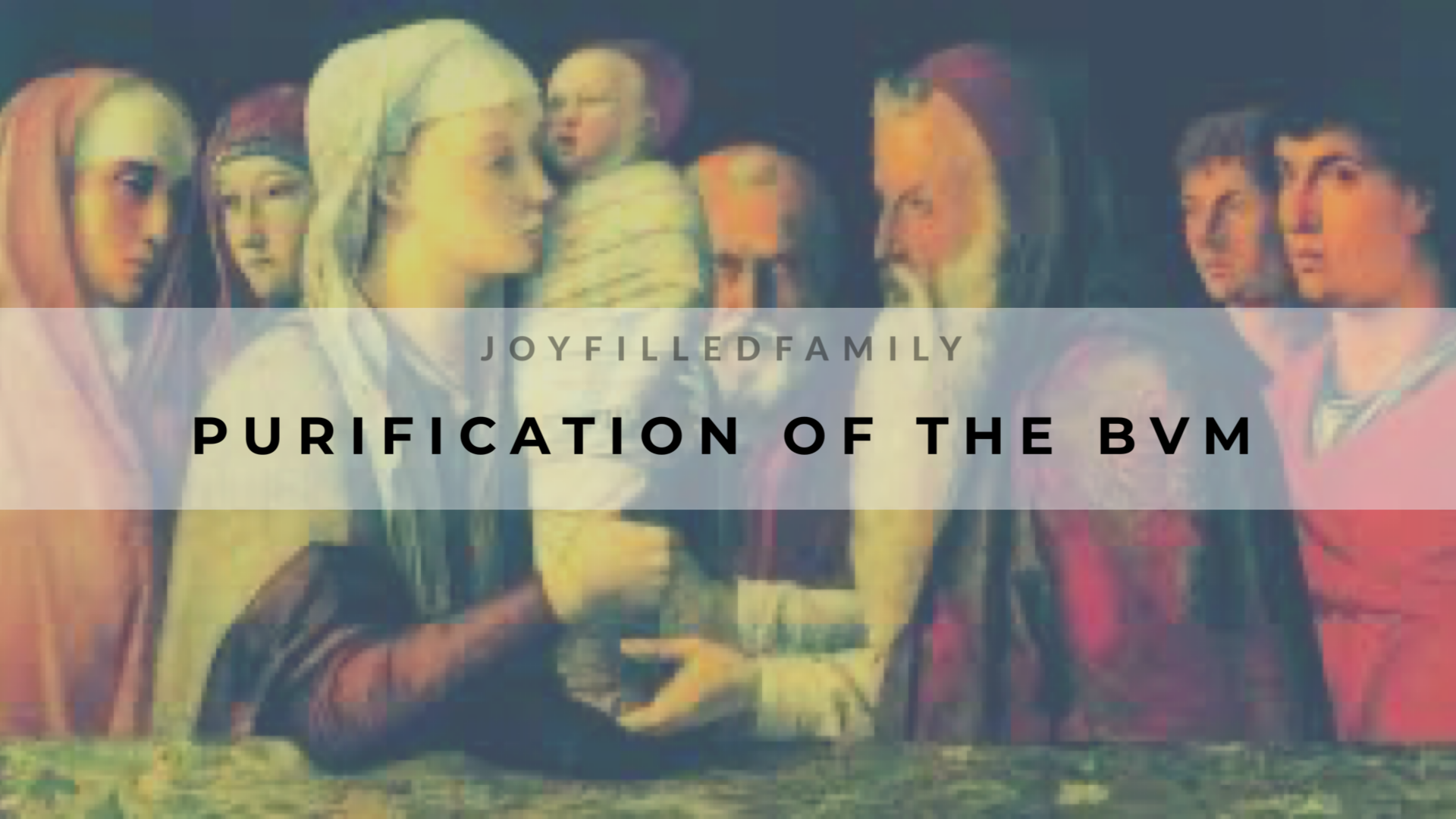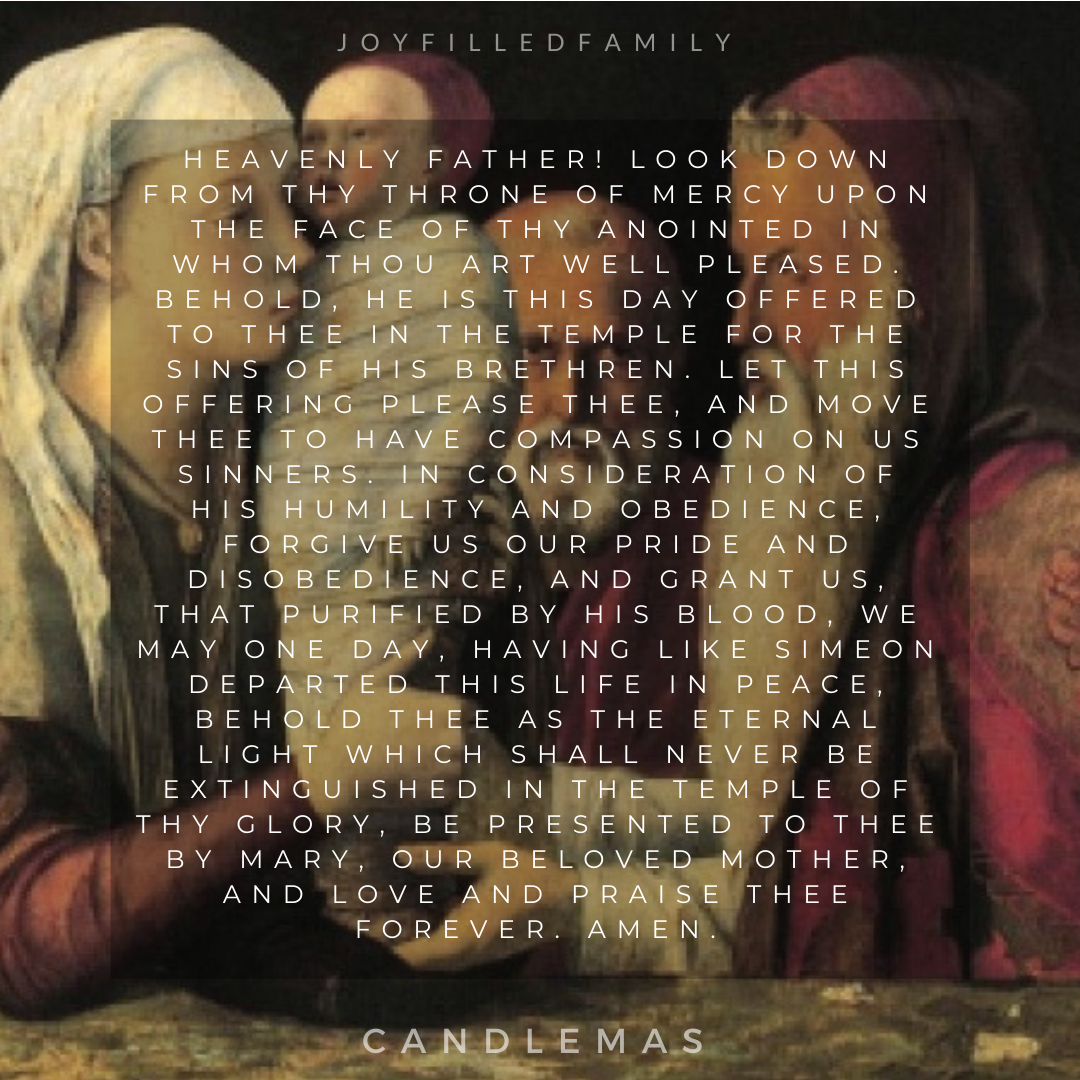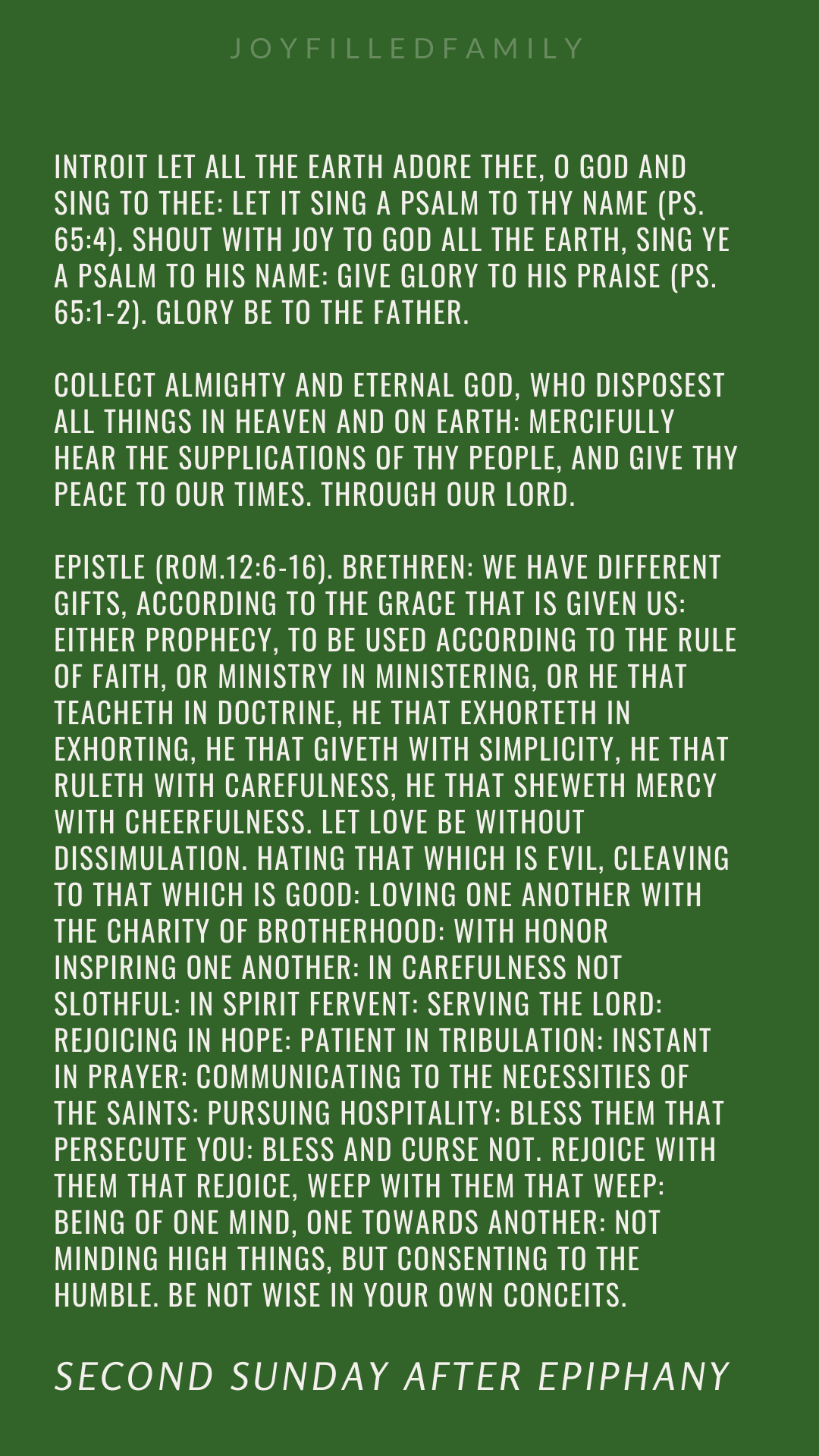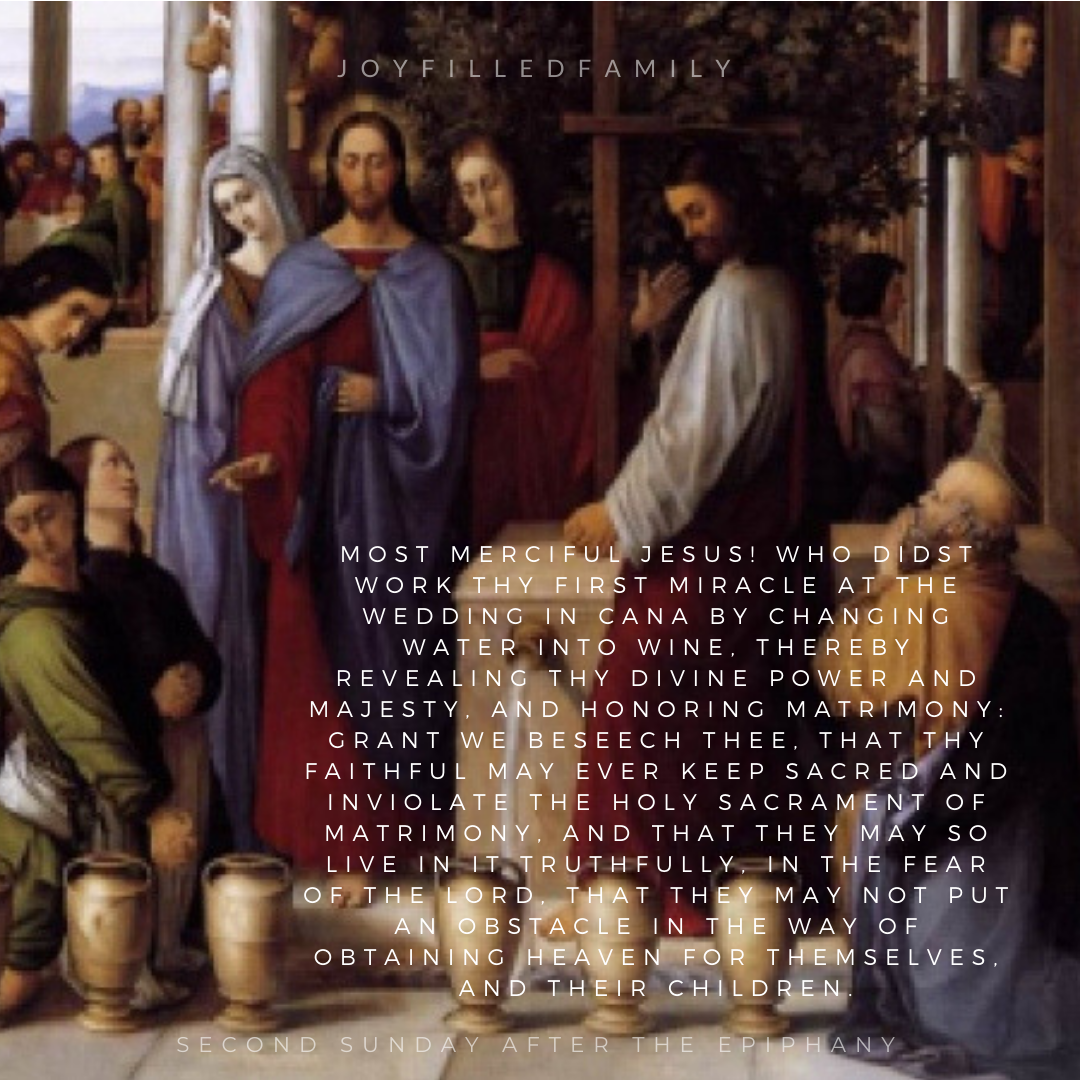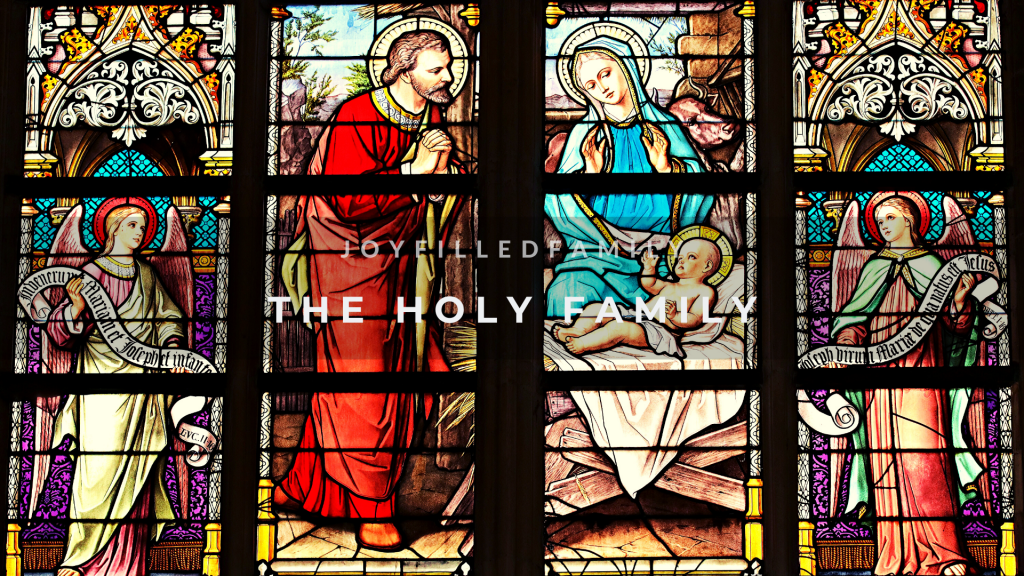In response to the call of the Master, who comes to seek us even in the depths wherein we are plunged through our first parents’ sin (Tract), let us go and work in the Lord’s vineyard; let us enter the arena and take up with courage the struggle which will intensify during Lent. ~ Dom Gaspar Lefebvre, OSB, 1945

Learn more here or here
